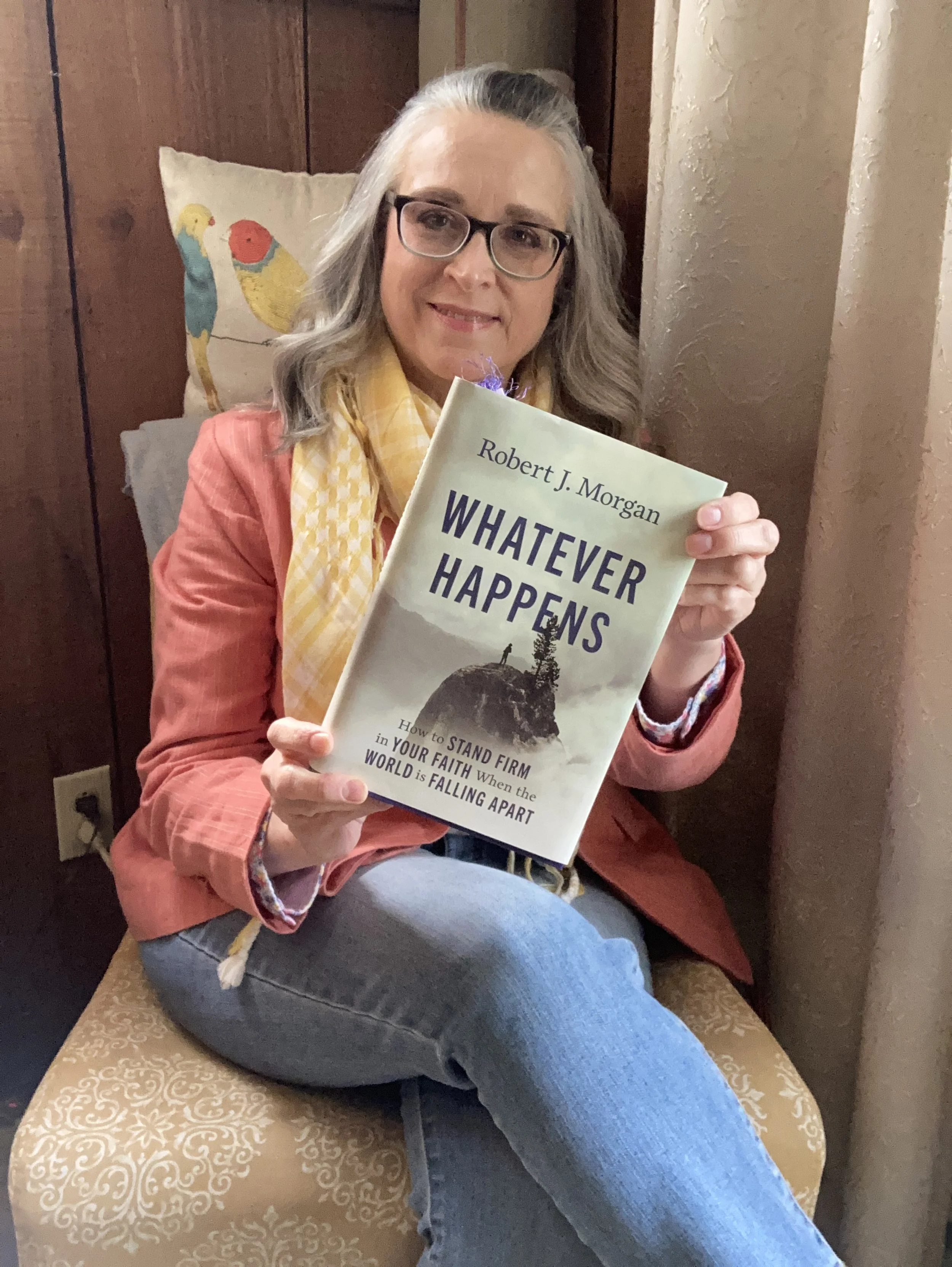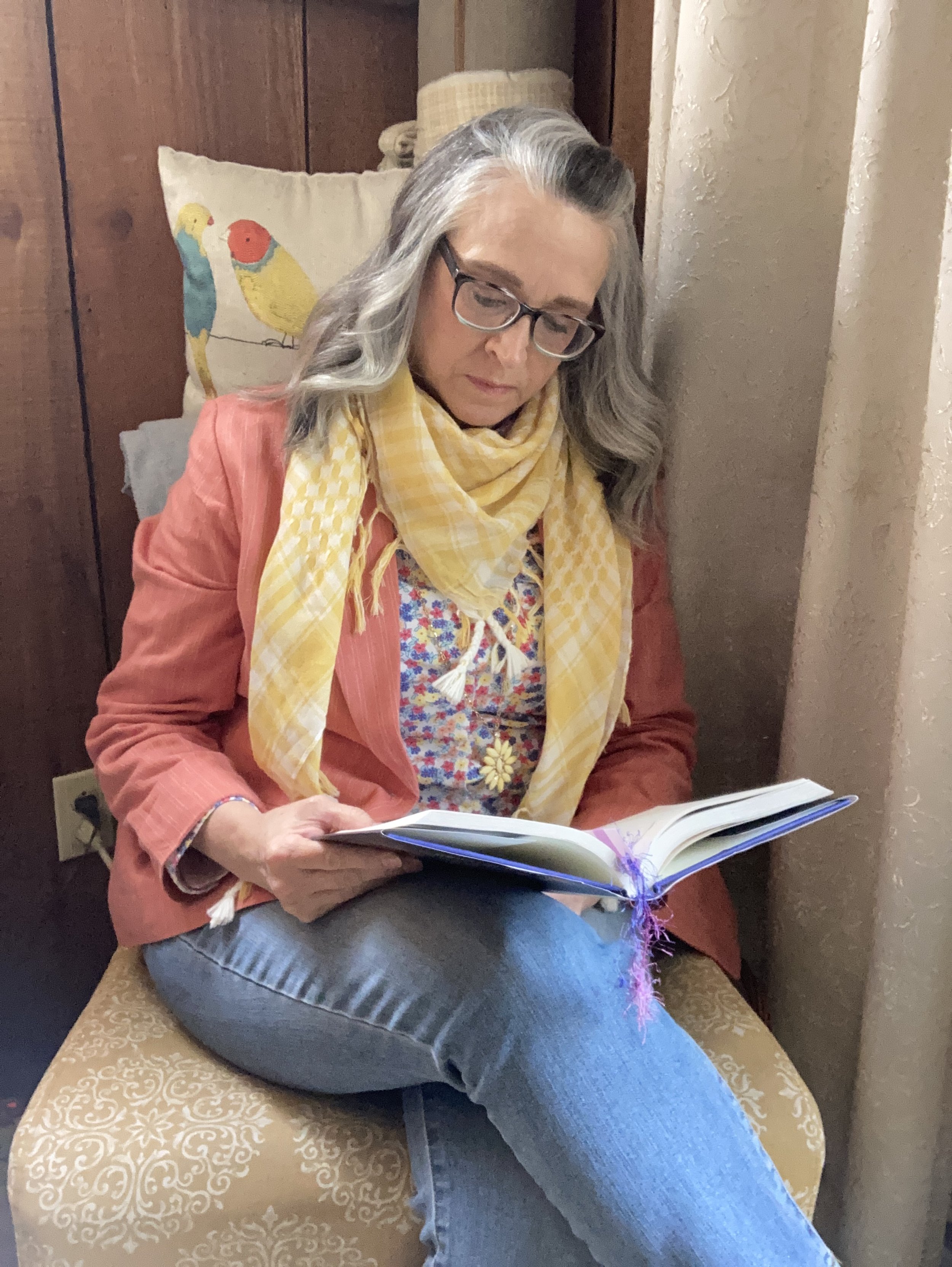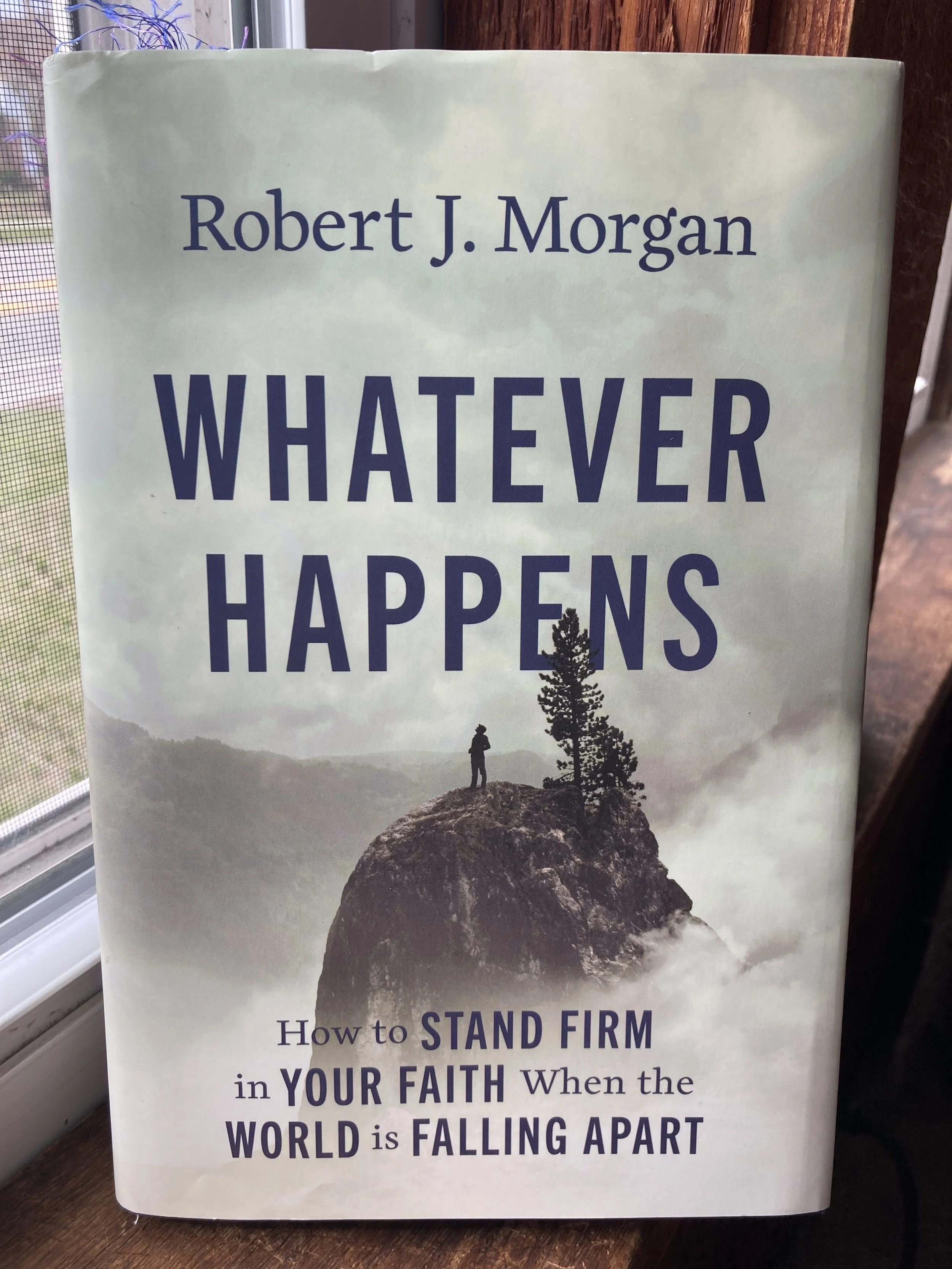Creative Christianity: The Widow's Quest - Part2
(This is a fictional piece based on the parable of the widow and the judge from Luke 18. I wrote this piece for entertainment purposes only.)
By the time Constance got to the second check point the rain was torrential. Her coat felt heavy as it took on water, and her tool bag was completely soaked. Thankfully, there was a long line of people which, she hoped, would make it easier for her to just slide through without much notice.
As she stood in the line, she noticed the other people waiting. It was a hobby of hers, people watching. She had always enjoyed sitting in obscure places to watch people. People were so interesting and unique. That was how she and Amos had met. He had been sitting on a different bench a little way away from her at the small park near her parents’ home. Apparently, he enjoyed doing the same thing. It wasn’t that unusual. If you weren’t part of DeCaro’s network, there wasn’t much else to do.
She noticed him sitting there, and he noticed her. Eventually, they noticed each other noticing each other. One day when she arrived at her spot, he was sitting on her bench with a bag. Inside were two sandwiches. His pick up line had been, “I made too many sandwiches this morning. Would you mind eating one so I don’t have to throw it away?”
Image by WikimediaImages from Pixabay
They both laughed. No one ever threw anything away in the Rift. Every morsel, every scrap contributed towards keeping you alive.
The people in the line were mainly workers, but there were a few Hy-Breds. These were people from the upper echelon that came into the Rift to gamble, buy drugs, and abuse whoever they could, just because they had money. One couple in particular was getting impatient and tried to cut ahead of others in line. This caused a small fight to ensue.
Check points at the perimeter of the Rift were actual guard stations, all employed by DeCaro. Several guards came out to break up the fight. There were at least two people who scooted past the check point without getting their papers stamped. The problem with this lay in the fact that if they got caught outside the Rift without their papers in order they would be sent back to DeCaro, and from there most likely sent to the Extermination Yard.
Constance kept her head down and stayed out of the way while the guards took control of the situation. The Hy-Breds were taken inside to warm up while they waited for a ride to take them home. The others who fought back were beaten and not allowed to cross.
It was all so incredibly unfair. That was exactly why she was willing to risk an audience with the Lord of Minward. She had no idea what sort of a man he was, but she knew she had to try to get his attention focused on the Rift and the people who were being preyed on who lived there.
“Papers!”
The man behind the window was angry, Constance assumed, for having to deal with the fight. DeCaro’s employees preferred to not have to work. She quickly presented her papers. He barely even looked at them before he stamped them and shoved them back at her. She fought the urge to grab them and run. Instead, she began to fold them while she still stood in front of the window.
“Move along!”
Constance moved slowly as if she was still struggling to get her papers back into her coat pocket before the rain completely soaked them. What she was really doing was trying to make herself look as inept as possible. She walked away, breathing a sigh of relief.
Just because she was no longer in the Rift, didn’t mean she was out of danger. Not everyone in the city of Minward were law abiding citizens. She kept alert. She was thankful once the rain slowed eventually stopping. She crossed a few streets, but at the next corner she knew she was being followed.
Running was not an option, so she decided to confront the person. She whirled, coming face to face with a young man, probably not more than twelve or thirteen. Startled, he stopped, looking at her with wide eyes.
“Can I help you, young man?”
“I…I…thought…maybe, I could help you…you know…for a little coin.” He gave her a sideways smile trying to look hopeful.
Constance sighed. “I’m sorry, lad. I don’t have any extra coin.”
The boy didn’t give up. “Well, what do you have in that bag? There’s got to be something valuable in there.”
Constance felt bad for the boy, but she also knew she wasn’t in a safe place. He might be working with a gang, and she could be surrounded before she knew it. “This is just my tool bag. Do you live around here?'“
“Here and there.”
She looked around, noting the windows, doors, and side streets. She didn’t notice any movement, so she started to relax.
“Where’s your family?”
“Dad left a while ago and hasn’t come back. My mom said, that’s because he’s no good. My mom….” It was plain to see the boy was grieving. “She got sick. Without a job, she couldn’t afford to go to the doctor. She died a few months ago.”
Constance’s heart broke for the boy. “You don’t have any other family? An aunt or uncle? Grandparents?”
He wiped at his eyes with his ragged shirt sleeve, and shook his head. “I had a baby sister, but she died when I was little. I never knew my grandparents.”
What could she do for this boy? She lived in the Rift. She was just as bad off as he was…well, that was not entirely true. She had been raised by two loving parents. She had known the love of a wonderful man. She had friends, and she had a purpose. An idea came to her; a crazy, but wonderful idea.
“Since I would be negligent to leave you alone would you like to come with me? I am going to see the Lord of Minward.”
The lad’s jaw dropped. “Do you have an invitation? I heard he don’t see anyone without an invitation.”
Constance was quiet for a moment. “Well, no, but I am going to see him anyway. I have to see him.” Her voice grew stronger. “Besides I could use the company, and you look like you could use a decent meal.”
“Hey! I thought you said you didn’t have any extra coin!”
“I don’t, for someone who is trying to take advantage of me, but I do have coin to share for someone who is a friend.”
The boy thought for a moment, then he smiled. “I can be your friend.”
“Good! Let’s be off then. I want to get to the upper city and the Manor of Minward by the time the sun is high over head. What’s your name, by the way?”
“My mom named me Peter, but you can call me Rocky.”
“Rocky it is. I am Constance, but you can call me Connie.”
Image by Gerd Altmann from Pixabay
Constance wasn’t sure if she believed in God or not, but for some reason this young boy had wormed his way into her heart and her mothering instinct took over. She and Amos had tried to have children, but never did, and then he died.
Maybe, just maybe she was being given a second chance.



















